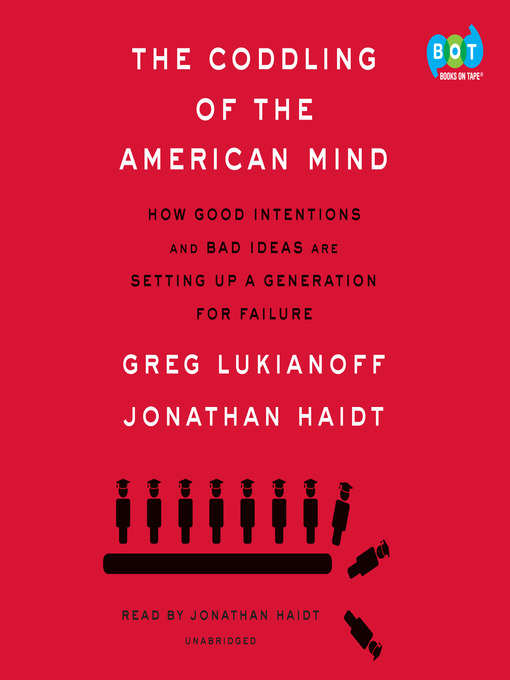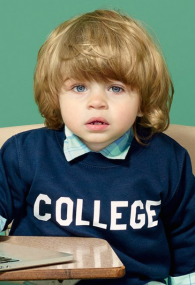

So most kids don’t have easy, pampered childhoods (p. Their economic prospects are uncertain in an economy being reshaped by globalization, automation, and artificial intelligence, and characterized by wage stagnation for most workers. Meanwhile, all teens face new forms of harassment, insult, and social competition from social media. Young people today – at a minimum, those who are competing for places at selective colleges – are under enormous pressure to perform academically and to build up a long list of extracurricular accomplishments. Initially, what emerged from this lunch was an article, published in The Atlantic on August 11, 2015, titled “The Coddling of the American Mind.”Lukianoff and Haidt have “always been ambivalent” about the title (writers typically don’t choose the headlines in major outlets). Stated simply, Lukianoff’s hypothesis was: “Many university students are learning to think in distorted ways, and this increases their likelihood of becoming fragile, anxious, and easily hurt.”

Lukianoff’s biggest concern was that the rationale for justifying increased campus censorship was becoming medicalized, with students claiming that encountering certain kinds of content impaired their ability to function. Historically, students had consistently opposed administrative calls for campus censorship, yet recently Lukianoff was encountering more demands for campus censorship, from the students.

Lukianoff had asked Haidt to help him make sense of a puzzle he had noticed emerging over the past year or two. The origin of The Coddling of the American Mind occurred over lunch in May of 2014, with Greg Lukianoff and Jonathan Haidt in attendance.


 0 kommentar(er)
0 kommentar(er)
